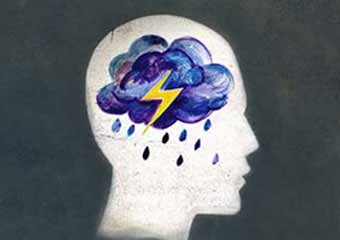One of trauma’s most insidious effects is how radically and completely it can take away someone’s sense of safety. That’s why it’s crucial to create a safe space when working with patients who have experienced trauma. But that’s only part of the equation. According to Peter Levine, PhD, there’s a very important follow-up step – […]
A Global Audience in Rethinking Trauma
As this year’s Rethinking Trauma webinar series comes to a close, I’d like to take a moment to thank you for tuning in. Every time we run a series, I’m humbled by the number of people who take part. In this series, 19,566 practitioners joined us for one or more of the webinars. I’m thrilled […]
Coping with Childhood Trauma: A Strategy for Overcoming Increased Risk for HIV
Why is it that 33% to 53% of HIV-infected people have histories of childhood sexual abuse? Many symptoms commonly found among survivors of childhood sexual abuse, such as helplessness, low self-esteem, dissociation, denial, and self-destructiveness are also often seen in conjunction with HIV risk behavior. Studies show that childhood sexual abuse is associated with avoidant […]
Working with Memory to Reframe a Traumatic Experience
A single moment can last forever in our memory . . . Now when it’s something special, a time or an event that we hold dear, reliving memories can feel almost as good to us as the actual moment did. But when someone’s memory keeps replaying a traumatic experience, that can cause them to relive […]
Helping Survivors Feel Safe Again With Trauma Treatment
One of psychological trauma’s most insidious effects is how radically and completely it can take away someone’s sense of safety. That’s often why job number one for many practitioners is making sure to create a safe space for trauma survivors within the confines of treatment, which is essential . . . . . . but […]




